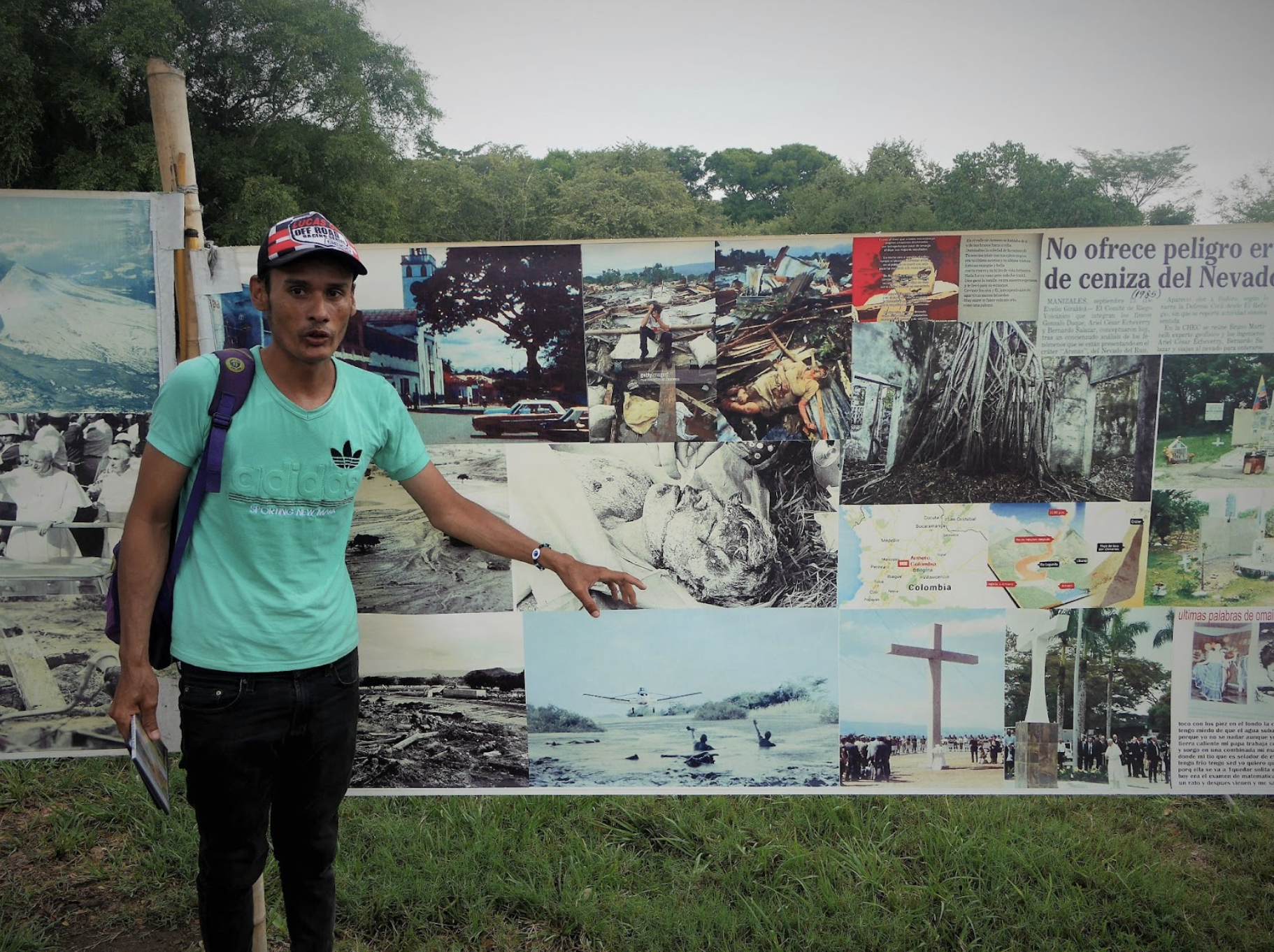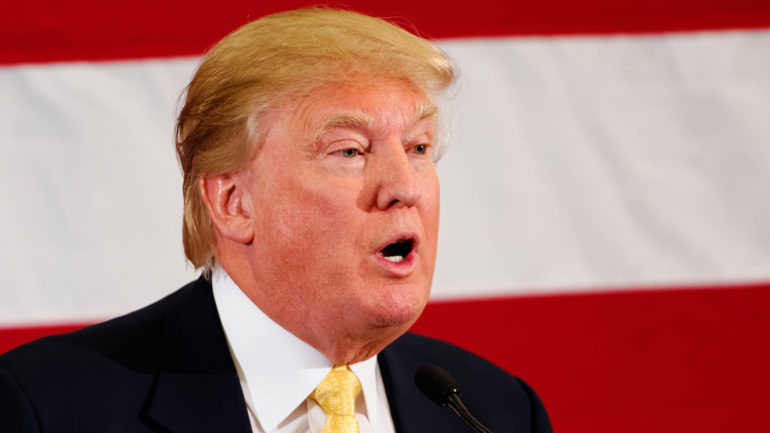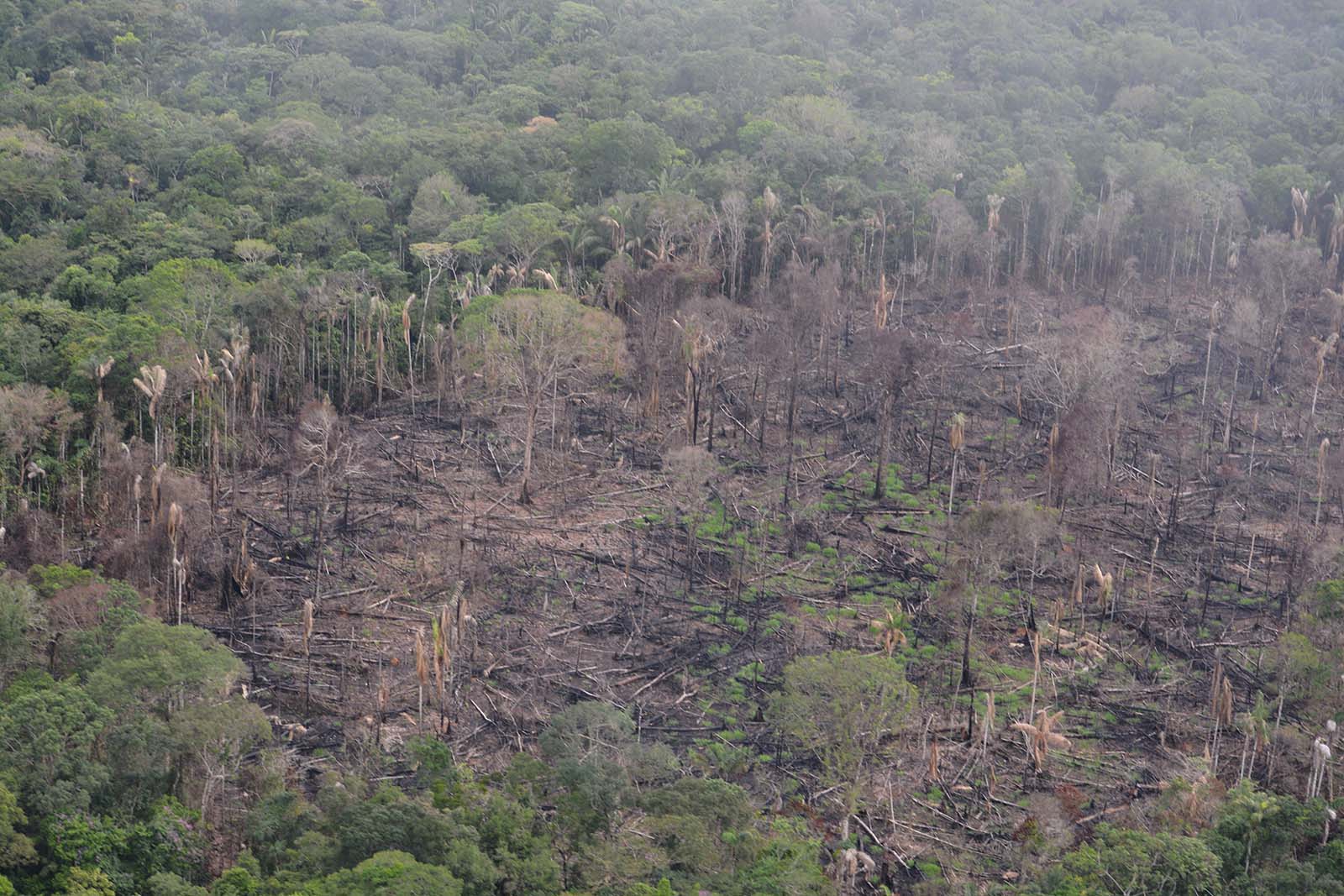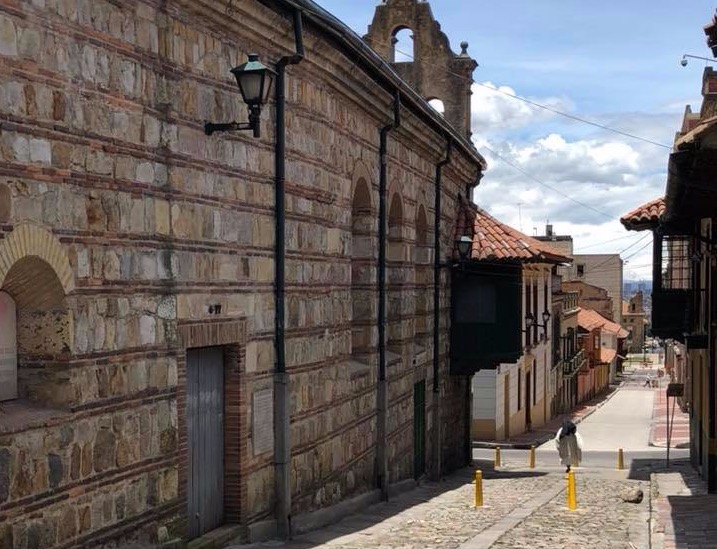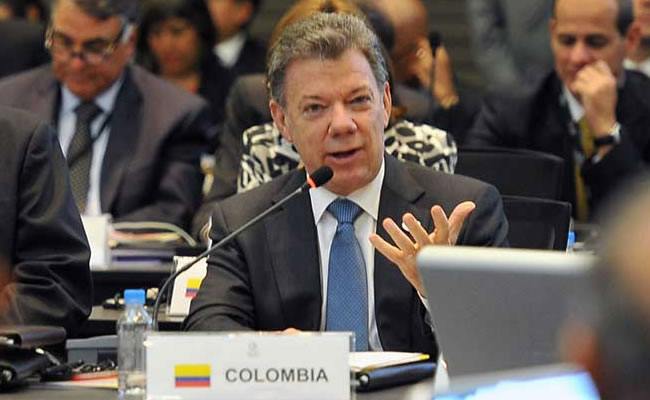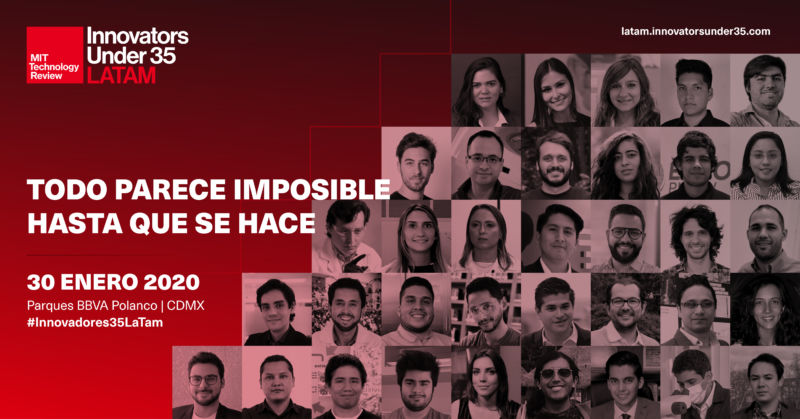
Earlier this week, the MIT Technology Review published its 2019 list of Latin America’s most innovative young people under the age of 35. The list includes men and women who hail from 11 countries and whose projects cover a wide spectrum of topics ranging from biotechnology, medicine, sustainability, artificial intelligence, software and hardware.
For over 10 years, the MIT Tech Review, founded in 1899, has partnered with the Spanish-based global consultancy firm Opinno (short for “open innovation”) to mine the Latin American region for its most innovative young minds . In a conversation with The Bogota Post, the Mexico-based Latin America director of Opinno, Beatriz Ferreira, spoke about what they look for when they select the candidates.
“Obviously we’re looking for innovative young people under the age of 35 years old that are carrying out innovation in a wide range of fields. What we look for is young people who are developing types of projects, research, and scientific advancements that are original in their fields and that have the potential to make an impact on the market,” Ferreira said.
The young people have been selected by an evaluation committee of 50 experts from all over Latin America from a pool of more than 2,000 candidates. Ahead of the cornerstone in which the winners will be announced, here are the 35 finalists for MIT Technology Review’s Innovators under 35 Latin America 2019 by country:
Argentina
- Facundo Carrillo, winner in the “Entrepreneur” category for his company Sigmind which is a mobile application that allows psychiatrists to perform preliminary mental laboratory analysis
- Bárbara Tomadoni, winner in the “Pioneer” category for her company INTEMA, which focuses on the development of intelligent bio-materials such as water and nutritional reservoirs in agricultural soils
- Demian Brener, winner in the “Entrepreneur” category for his company OpenZeppelin, a platform that allows the development and operation of blockchain-based applications
- David Alejandro Trejo Pizzo, winner in the “Inventor” category of NYVIND / UCAECE (CAECE University), a new way of using “memristors” that promises to enhance their capabilities for the use of 1-bit “memristors” as if they were a qubit
Bolivia
- Stanley Alexander Salvatierra Berrios, winner in the “Inventor”category for his company Deep Micro Systems, an Artificial Intelligence (AI) system that through cameras allows to carry out a comprehensive control of traffic in cities.
Brazil
- Caio Guimarães, winner in the “Entrepreneur” category for beone technologies, an innovative, affordable and effective solution to treat and prevent wounds that are difficult to heal, especially Diabetic Foot, which affects more than 100 million people worldwide and is the number one cause of amputations
- María Angélica de Camargo, winner in the “Inventor” category for her WAMA Diagnostic project, a test for a Dengue variant that is very easy to confuse with another disease
- Philippe Magno, winner in the “Entrepreneur” category for his company HandsFree Institute of Assistive Technologies, a team that allows disabled, tetraplegic or amputee doctors to control the computer, tablet and smartphone only with the movement of the head
- Esthevan Gasparoto, winner in the “Entrepreneur” category for his company Treevia Forest Technologies, a startup that created a system that connects with the internet to be able to monitor forest areas
Chile
- Inés Benson, winner in the “Pioneer” category for her company Guará, an API that allows companies to customize their digital products for the Latin American market
- Eduardo Cisternas, winner in the “Humanitarian” category for his Radiation Oncology / Duke University project, an open source for treatment planning that can help in the practical aspects of academic training of qualified human resources in radiotherapy
- René Espinoza, winner in the “Humanitarian category” for his company Lazarillo, software that through the app gives information to the blind about the place and conditions
- Cristian Estrada, winner in the “Entrepreneur” category for his company Eficagua, a new dry compound formula that allows for the improvement of water retention and the activity of microorganisms in crop soils
Colombia
- María Alexandra Tamayo Castrillón, winner in the “Inventor” category for her NanoPro project, which filters with nanotechnology that eliminates bacteria
- Jaime Andrés Pérez Taborda, winner in the “Visionary” category of the Universidad de los Andes, for his project of water monitoring technologies for rural communities powered by thermoelectric nanogenerators
- David Leyton Cifuentes, winner in the “Inventor” category of EIA University, for his eye drops project with an active principle for aberrant retinal angiogenesis
- Juan Manuel Lemus Rangel, winner in the “Inventor” category for his company Apunajaa, Agua por la guajira, an air purifier for rural areas
Ecuador
- Carlos Andrés Obando Villarreal, winner in the “Humanitarian” category for his company Talov, IA to help people with visual impairments
- Roger Romero, winner in the “Entrepreneur” category for his company SilicoChem, a biotechnological platform consisting of the engineering of yeast cells for the in vitro production of CLA (linoleic acid) and DHA (Docosahexaenoic acid).
- Joshua M. Salazar, winner in the “Pioneer” category of Yachay Tech University, for his project of low-cost computers that do not require internet to take to rural areas
Guatemala
- María Isabel Amorín, winner in the “Entrepreneur” category of INDEQUI-Crustatec / Center for Marine Studies and Aquaculture, University of San Carlos de Guatemala, for her project related to the use of biopolymers extracted from the shrimp shell (shrimp) to absorb dyes and reuse water.
- Leonel Enrique Aguilar Melgar, winner in the “Inventor” category for the company ETH Zurich, a software that simulates the movement of large masses of people to predict how to act in a natural disaster
Honduras
- Lucia Gallardo, winner in the “Inventor” category for her company Emerge, an emerging technology company that builds social impact solutions to allow the more transparent movement of data
Mexico
- Marcela Torres, winner in the “Entrepreneur” category for her company Holacode, an integration solution for migrants (returnees, deportees and refugees) through technology education, access to high demand jobs and financial inclusion
- Adán Ramírez Sánchez, winner in the “Inventor” category for his company GREENFLUIDICS, solar panels made with algae, which take advantage of photosynthesis as a means of energy
- Alan Aguirre Soto, winner in the “Entrepreneur” category of Tecnológico de Monterrey, for his project that has discovered a way to get photo stimulation of particles that could return to the most sustainable chemical industry
- Mariel Pérez Carrillo, winner in the “Entrepreneur” category for his company Innus Technologies, which uses agronomic diagnosis and agroclimatic conditions that provides information on the soil, the crop, the weather in real time and makes recommendations
- Sara Landa, winner in the “Humanitarian” category for her company Simbiotica Labs. The cocktail of microorganisms they created allows nitrogen to reduce and increase phosphorus, all this in favor of agriculture
- Carlos Monroy Sampieri, winner in the “Humanitarian” category for biomitech company, an air bio-filtration system that keeps microalgae alive even in extreme weather conditions
- Francisco Valencia, winner in the “Entrepreneur” category for his company Prothesia, a project that uses proprietary 3D printing technology to create prostheses for children in developing countries
- Irving Rivera, winner in the “Inventor” category for his company Solena, a project that increases the biological capital of soil farmers and makes them more profitable without damaging nature
Panama
- Carlos Mario Restrepo, winner in the “Visionary” category for his company INDICASAT AIP, a project that uses the identification and evaluation of new samples of medicines and candidate vaccines from the genomes of the Leishmania (Viannia) species using advanced bioinformatics
Peru
- Eduardo Rodolfo Lama Segura, winner in the “Inventor” category for his company ENTO PIRUW, a project that eliminates organic waste to feed larvae, which converts the material into high food products iron and protein
- Daniel Obregón, winner in the “Inventor” category of the Pontifical Catholic University of Peru, for his water purification project from a stone native to the Amazon region
- Leoncio Pablo Peredo, winner in the “Humanitarian” category for his company VISION D, which creates multilingual glasses for people with hearing impairments that show what another person is saying using Artificial Intelligence technology
The MIT Technology Review recognizes the talent of entrepreneurs from different countries that are developing new technologies to help solve the problems that affect the world.
The awards ceremony of Innovators Under 35 LATAM will be next January 30 at Parks BBVA Polanco in Mexico City, Mexico. Access to the awards event is open to the general public and people who wish to meet the innovators who are changing the world can register on the site.
*The Bogota Post is a media partner for Innovators Under 35 LATAM

